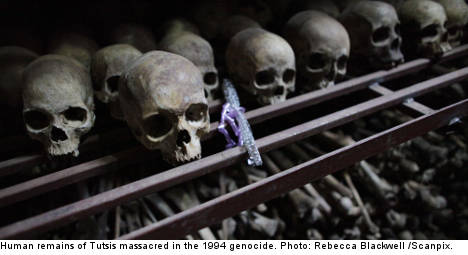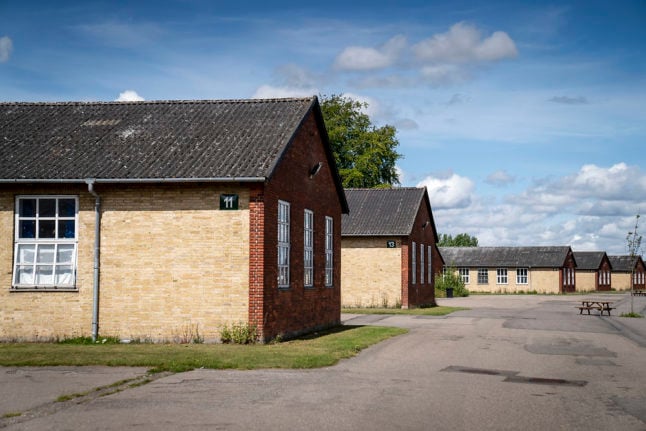Stanislas Mbanenande, 54, a Swedish citizen of Rwandan origin, is charged with genocide and crimes against international law. If convicted, he could face life imprisonment.
Mbanenande, an ethnic Hutu, allegedly took part in massacres in his homeland between April 6th and June 30th, 1994 that left thousands dead.
The indictment describes Mbanenande as having taken an “informal role as a lower-level leader among young Hutus who sympathised with, or came to sympathise with, Hutu extremism.”
It also states that his leadership status was borne out by the fact that he possessed an automatic firearm, which he is said to have fired into crowds.
Mbanenande allegedly murdered or recruited young men to take part in massacres.
He was ordered to stand trial in Sweden after Stockholm was unable to comply with a request to extradite him to Rwanda, where he has been given a lifetime sentence in absentia, due to the fact that he obtained Swedish citizenship in 2008.
Mbanenande has been in Sweden since 2007, when he joined his family and obtained a residency permit based on family reunification grounds.
In another first in Swedish legal history, part of the trial will be carried out in Rwanda, where witnesses will testify in the high court of Kigali, the Rwandan capital.
For practical reasons it was not possible to bring some of the 40 witnesses to Sweden, meaning the Swedish judges will fly down to Rwanda. The accused, however, will participate in the trial via video link from Sweden. The trial is expected to take several months.
Mbanenande has denied all charges following his arrest in December last year under an international arrest warrant.
The killing of Rwanda’s Hutu president Juvenal Habyarimana on April 6th 1994 triggered a genocide in which 800,000 people, mostly from the Tutsi minority, were killed, according to UN figures.
The Local/AFP/nr



 Please whitelist us to continue reading.
Please whitelist us to continue reading.
Member comments